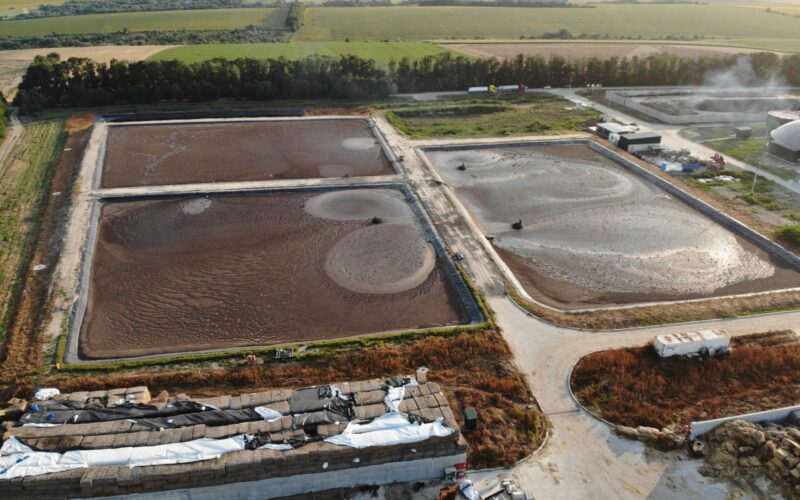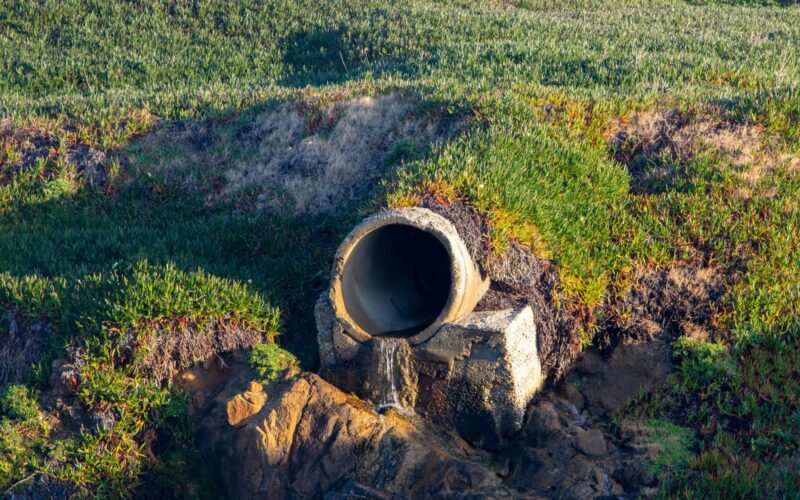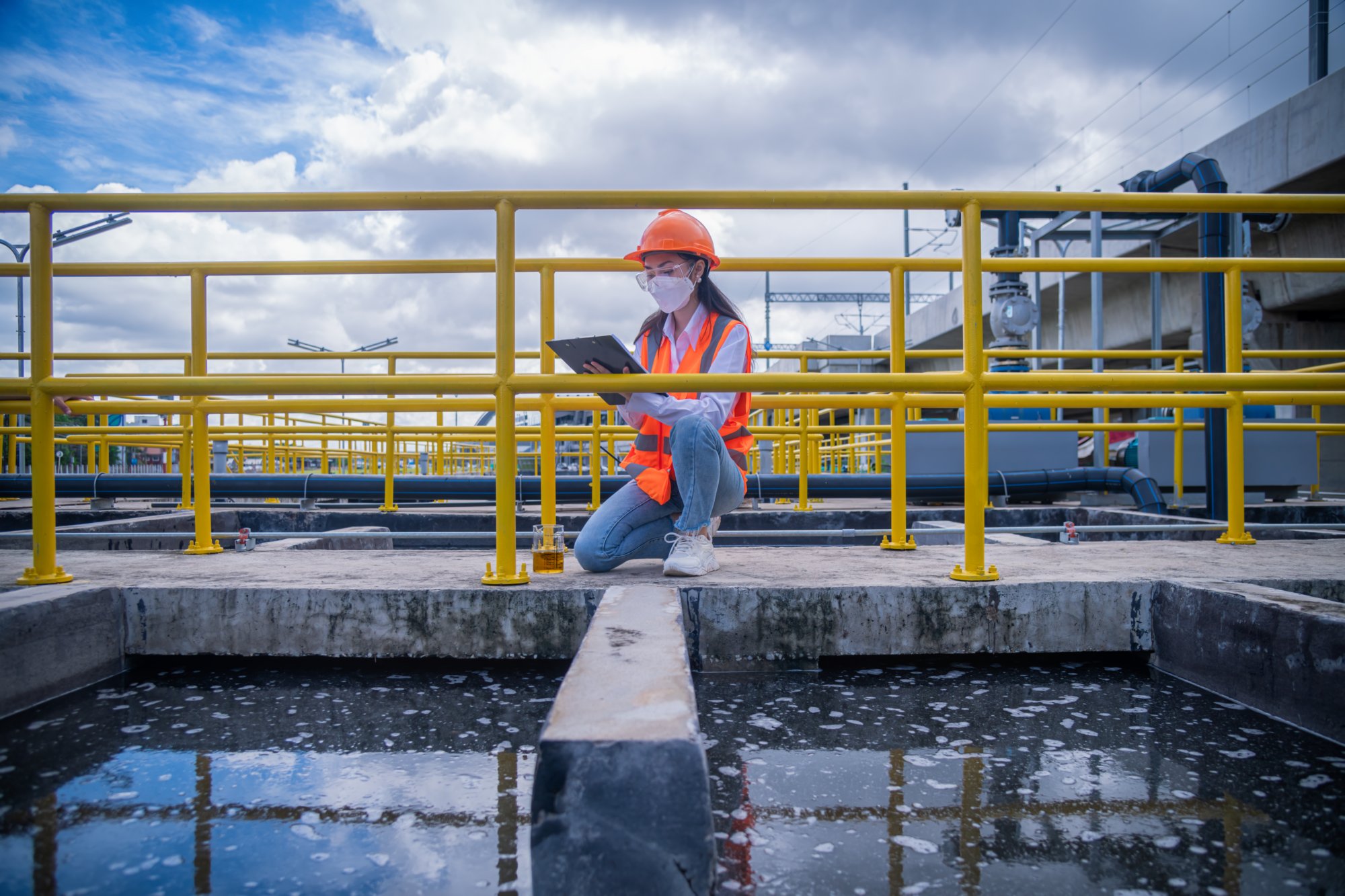

Wastewater Sludge Treatment
wastewater Sludge treatment is a crucial step in the overall wastewater treatment process, focusing on the effective management and disposal of the solid residue that remains after primary and secondary treatment. This process involves various techniques to reduce the volume of sludge, stabilize its organic content, and minimize its environmental impact.
The sludge generated in wastewater treatment plants contains both organic and inorganic materials, pathogens, and potentially harmful substances. Therefore, proper treatment is essential to ensure the safe handling and disposal of sludge.
Effective Wastewater SludgeTreatment Strategies
The sludge treatment process typically begins with thickening, where the concentration of solids in the sludge is increased. This can be achieved through gravity settling or mechanical processes such as centrifugation or belt press. Thickening reduces the volume of sludge, making it easier to handle and transport.
After thickening, the sludge is subjected to stabilization processes to control its organic content and reduce the presence of pathogens. One common method is anaerobic digestion, where the sludge is placed in an oxygen-free environment and treated by a consortium of anaerobic microorganisms. These microorganisms break down organic matter in the sludge, producing biogas (methane and carbon dioxide) as a byproduct. The anaerobic digestion process reduces the volume of sludge, destroys pathogens, and generates renewable energy.
Another stabilization method is aerobic digestion, where the sludge is mixed with air or oxygen to promote the growth of aerobic microorganisms. These microorganisms consume the organic matter in the sludge, resulting in the conversion of organic compounds into carbon dioxide, water, and biomass. Aerobic digestion helps further reduce the organic content of the sludge and eliminates odours.

Once the sludge has been stabilized, it undergoes dewatering to remove excess water. Dewatering methods include mechanical processes such as centrifugation, belt filtration, or pressure filtration. These processes use mechanical force or pressure to squeeze out the water from the sludge, resulting in a higher solid content and a reduced volume of sludge.

After dewatering, the sludge can be further treated to meet specific requirements. For example, sludge conditioning may be performed to improve its dewaterability or enhance its stability. This can be achieved by adding chemicals or adjusting the pH of the sludge.
The final step in sludge wastewater treatment is disposal or reuse. Depending on the characteristics of the treated sludge, various options are available. Common disposal methods include landfilling, incineration, and land application. Increasingly, efforts are being made to explore beneficial reuse options for sludge, such as agricultural application or the production of fertilizer or soil amendments.
At Probiosphere, we specialize in sludge wastewater treatment and offer innovative solutions tailored to meet specific needs. Our expertise in microbiology, engineering, and biotechnology allow us to design and implement effective sludge treatment processes. We prioritize sustainable practices and aim to minimize the environmental impact associated with sludge management. By utilizing advanced technologies and optimizing process parameters, we provide efficient sludge treatment solutions that contribute to the overall sustainability of wastewater treatment systems.
Other related services

Wastewater Treatment Odour Control
Combat unpleasant odours and ensure effective wastewater treatment with our advanced odour control solutions, providing a cleaner and more pleasant environment for both industrial and municipal settings.
Combat unpleasant odours and ensure effective wastewater treatment with our advanced odour control solutions, providing a cleaner and more…
Let’s Work Together
At Probiosphere, we believe in the power of collaboration to drive meaningful change. Join us in our mission to create a sustainable future by working together. Whether you are a municipality, a business, or an organization facing environmental challenges, we offer tailored biotechnology remediation solutions to address your specific needs. Together, we can design and implement innovative solutions that not only mitigate environmental impacts but also contribute to lower carbon footprints and promote eco-friendly practices